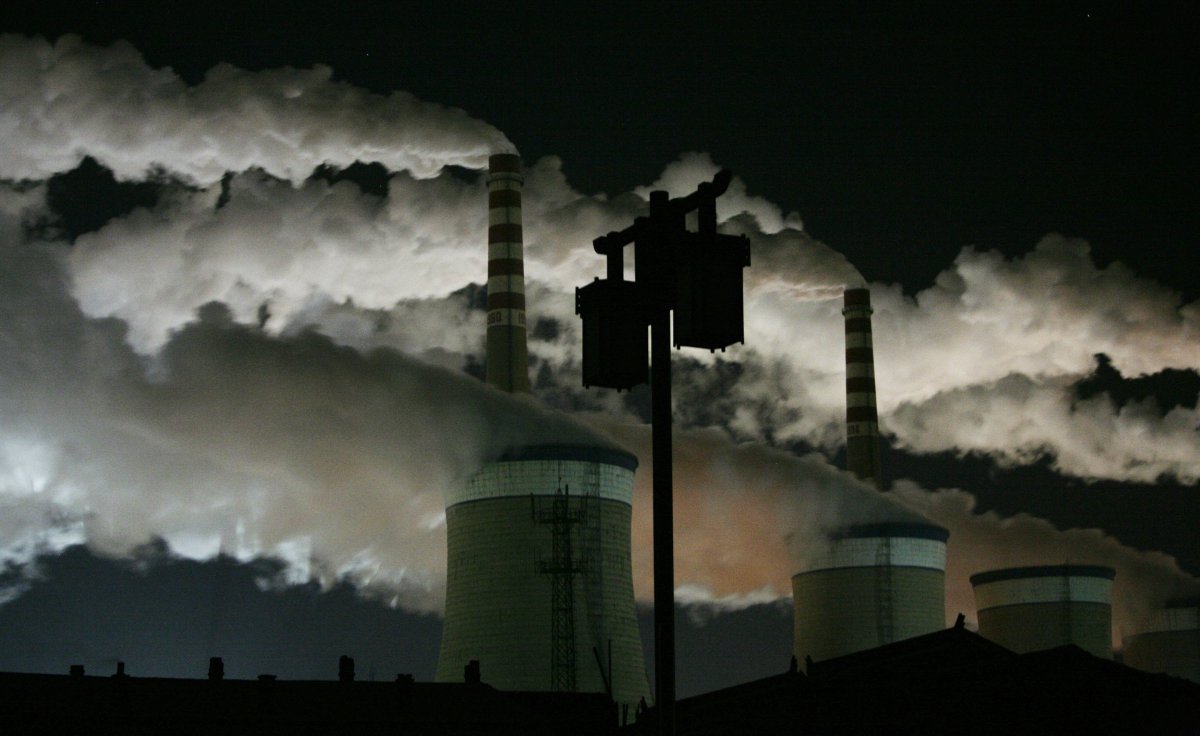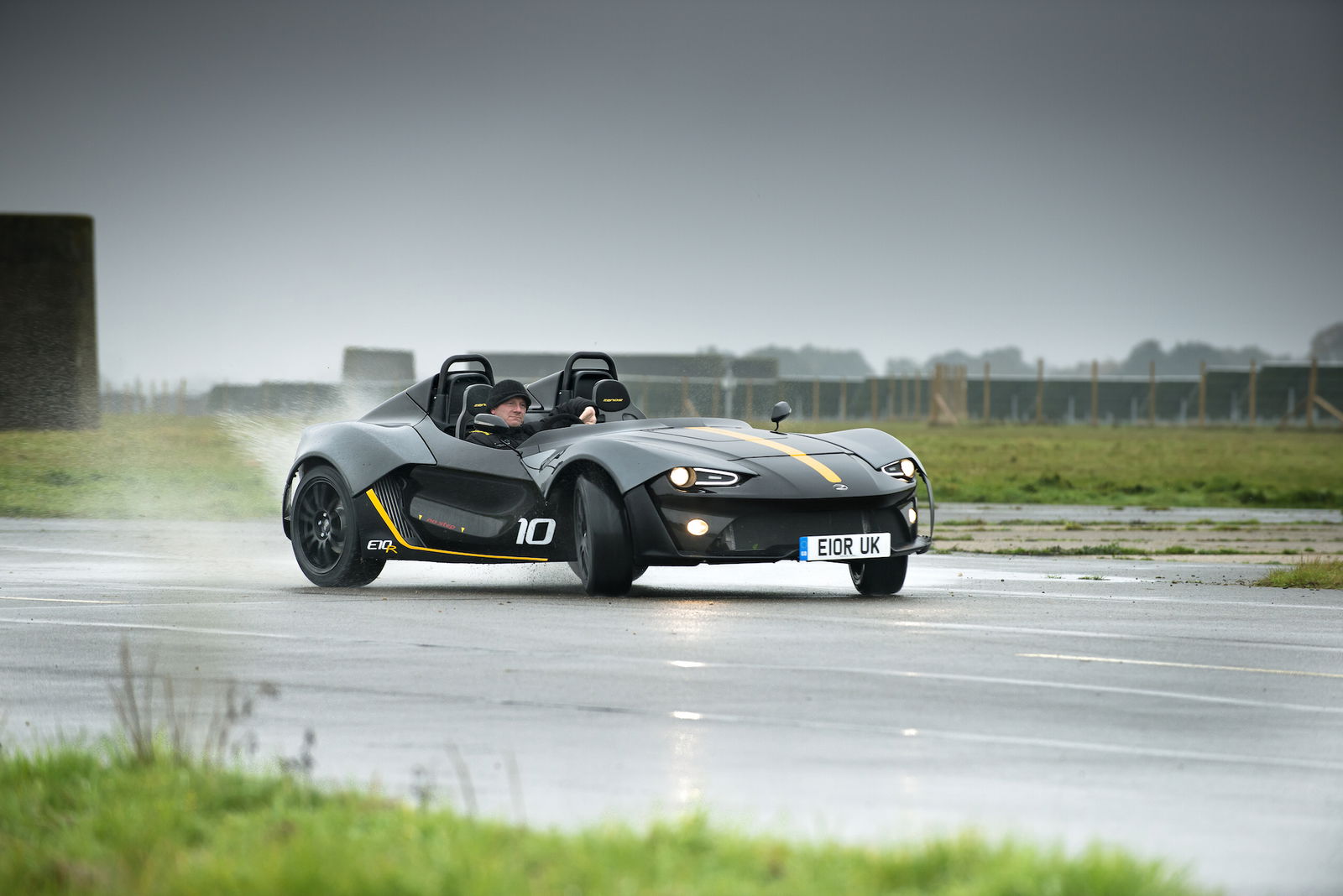Electric Cars In Developing Nations Could Do More Harm Than Good
As Tesla gets set to roll out the remarkably affordable Model 3 for the global market, and self-driving cars have come closer and closer to becoming a reality, the paradigm shift towards electric cars is becoming a global phenomenon. Long-standing automakers, such as Volvo, are beginning to wean their product lines off of fossil fuels in favour of electricity. The environmental benefits of emissions-free electric vehicles have made this transition inevitable. But are they universal?

The most obvious benefit of electric cars is that they don’t burn fossil fuels. This obviously eliminates tailpipe emissions, but it also eliminates the huge amounts of greenhouse gases produced during the extraction, transportation, and refining of crude oil into petrol or diesel. The mining of lithium for EV batteries can also be a dirty process, but the net environmental impact can offset that of petroleum-propelled vehicles over the vehicle’s lifespan.
There is one caveat that must be applied, however. The energy required to charge the batteries has to come from somewhere, too. While wind and solar energy are advancing at a historical pace, they currently account for a fraction of the world’s energy production. What’s more, the power grids of some of the world’s most populated countries depend on some of the dirtiest methods of electricity generation.

The world’s two largest countries, China and India, depend mostly on coal-fired power plants to provide electricity to over two billion people. These plants are very dirty, producing flue gases that are major contributors to anthropogenic climate change. Hydroelectricity is a major source of renewable electricity, but hydro projects can have serious negative effects on their surrounding environment. This ultimately leaves solar energy and wind energy as the two sources of energy that give EVs the best chance of mitigating environmental damage.
In order for wind and solar to satisfy the demand for clean electricity, however, many of the world’s countries will have to make some serious upgrades to their national power grids. This would require monumental investments in infrastructure; especially in countries such as India, where the power grid is barely sufficient as it is.
It would be one issue if all that was needed was to replace the existing electrical system. But that’s just a start. If EVs are truly going to be driven by the population at large, the demand for electricity is going to increase by a massive amount. This could mean that these countries might have to keep the dirty plants running to keep up with the system load. In fact, a reasonable scenario is that these countries would have to increase their reliance on coal and gas-fired power plants just to accommodate the transportation network.

This isn’t to suggest that we shouldn’t be driving electric cars. In Norway, 98% of all electricity is produced by renewable sources (hydro, wind, solar, etc.). This means that replacing the internal combustion engine with electric engines could reduce Norway’s greenhouse gas emissions significantly. To me, that sounds like a good idea.
But if you’re really concerned about saving the planet, you’ve got to consider the logistics of the area’s power system before you can say whether or not EVs will actually provide benefits. Despite the best of intentions, lawmakers and environmentalists must come to terms with the fact that EVs are not going to be the be-all, end-all solution to automotive emissions.







Comments
Nuclear energy is also very clean and efficient. This will probably be where most our energy comes from as solar and wind energy is quite difficult to use.
“The mining of lithium for EV batteries can also be a dirty process” like acid rain for example
Electric cars having no benefit?
Who would’ve thought…
The title means nothing. In developing nations, virtually NOBODY buys an electric car because the charging infrastructure is even worse than it is in developed nations. Not to mention that most people can’t afford them.
And clarkson the same thing in grand tour
Looks like EV is a dead end for developing countries after all
This is good new for us
I agree fully
‘Lawmakers and environmentalists must come to terms with the fact that EVs are not going to be the be-all, end-all solution to automotive emissions.’
Whilst that statement is true, those aforementioned lawmakers and environmentalists also acknowledge that there isn’t ANY single solution to the emissions problem.
Alas, it is disappointing that this article has been chosen for Editor’s Pick, because it only goes to propagate the half and mistruths of the story behind vehicle electrification.
In China, they are making a huge push towards cleaner energy as their energy demands continue to increase and the detriment to the air quality in urban and industrial areas has subsequently been impacted drastically. They have invested billions into solar schemes, even making the news recently with a 250-acre solar farm shaped and designed to look like a panda to raise it’s profile.
http://uk.businessinsider.com/china-panda-solar-power-plant-2017-7?r=US&IR=T
As for demand on the grid itself by EVs, in the UK there was a study that took parts across parts of the country called ‘Electric Avenue’, whereby they leased (at very favourable rates) EVs to a cluster of houses in a street to test the demand when multiple EV drivers plugged in at the end of the day.
Not only did the study show that the times that EVs charged (later at night) helped balance the load and use energy from nuclear plants that is usually wasted, but that with the use of V2G (Vehicle to Grid) technology, EVs could collectively help stabilise the grid during the peak demand time, creating a smarter national grid.
Someone has already pointed out that EVs, even powered by more dirty sources, are more efficient by net usage than ICE cars, but your article also neglects to mention the massive quantities of electricity consumed by oil refineries to convert crude into petrol/diesel. Robert Llewellyn on his ‘Fully Charged’ YouTube channel (sorry, I couldn’t link to the exact episode - I did look!) covered this in one of his episodes, pointing out that until the government stopped the requirement of oil companies having to publish their energy usage for this a few years ago, the electricity consumption figures for a single refinery exceeds that of the three counties surrounding it. How about that for demand on the grid.
To reiterate, no, EVs aren’t the be-all and end-all solution, neither is the use of renewables, hydrogen, etc. , but it is one of many steps in the right direction, as is the concept of autonomous car-sharing programs to alleviate the massive numbers of sole owner cars, sitting for 80% of the time at home or work (much as I don’t like this as a car enthusiast).
I’m leaving Car Throttle cause you are all idiots and climate change deniers. Producing electric cars will pollute of course! It will for a long time! But driving them is clean and emits NOTHING!
Pagination